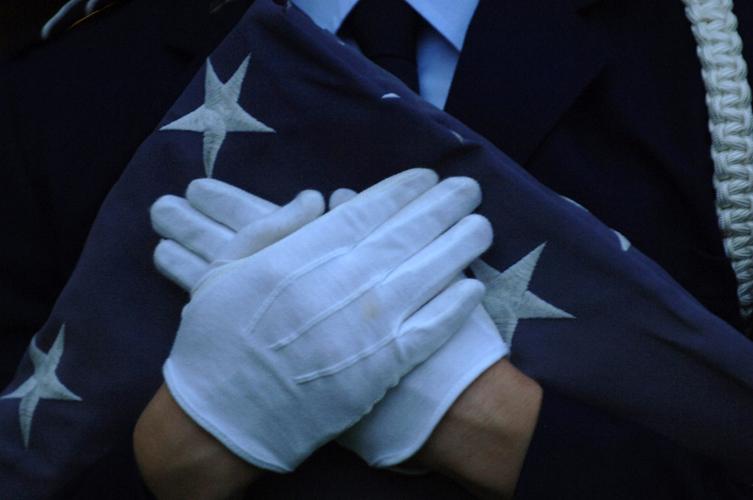Some students at Loyola have experienced a full career protecting their country, and others are working on balancing school and military training.
Students at Loyola balance their military careers with rigorous class work all in order to pursue their life goals.
Sara Rodriguez, a philosophy pre-law sophomore, juggles the early workouts, Air Force ROTC classes, and work-study while maintaining A’s and B’s in all her classes.
Rodriguez is not only focused on academics. She is also in pursuit of surpassing the maximum expectations of her ROTC training.
Students in ROTC have the option to attempt to pass a field training class right out of high school to receive financial benefits or to wait until the summer between their sophomore and junior year of college to apply.
ROTC students who choose to train in college can enter officer training before entering their service in the military. This way, they start out on top.
“We have to pass, at least for women, it’s 18 minimum push-ups, 64 minimum sit-ups, and you have to run a mile and a half in at least 12 minutes,” Rodriguez said.
“That’s the minimum that you have to get in order to even be considered for officer training, but it’s a lot more than that. You have to go above and beyond.”
Being awarded financial help is not the only reason students choose to join ROTC.
For some, preparing for a career in the military is preparation for their dream career.
“Since I was little, I wanted to be a lawyer, and you can be a lawyer if you’re in the Air Force. You can be a lawyer and be in the Navy, you can be a lawyer and be a Marine. The JAD program, it’s a judge advocate general program, which is basically like an attorney in the Air Force or whatever branch you’re in,” Rodriguez said.
Having passed the trials of physical and mental military training, students who have served in the military experience their days at Loyola differently from students in ROTC.
David Aviles, a former canine instructor for the military and now a mass communication sophomore, has traveled throughout the world with the career the military provided him with.
“I joined the Air Force and did 10 and a half years as a canine handler,” Aviles said. “I worked, trained and instructed explosive detector dogs. It’s a great job. It took me everywhere.”
Despite a reluctance to leave the traveling lifestyle behind, Aviles decided to work outside of the Air Force after his years of service.
When his time in the Air Force ended, he was offered a job at global security company Northrop Grumman Corporation. As Aviles began to climb the corporate ladder, his boss approached him and said he was concerned that Aviles did not have a degree.
“It was bad enough that I was managing people with degrees, and some of them master’s degrees. I didn’t have a degree, and he said, ‘I can’t promote you any higher if you don’t have a degree,'” Aviles said. “But I wanted to do more.”
Aviles said he decided to come to Loyola because the university matched 100 percent of what the Department of Veterans Affairs provided through the Yellow Ribbon GI Education Enhancement Program.
The program, in agreement with individual universities, provides necessary funds for veterans to study at a school of their choice. The institute can choose to fund up to 50 percent of tuition and fees, which is matched by the VA.
Through the work of University President the Rev. Kevin Wildes, S.J., and Kathy Gros, the director of Student Records, the program is in full use at Loyola for any student who qualifies.
According to Gros, Loyola currently has 71 active veterans and active duty students receiving benefits, and 11 dependents of veterans using their parents’ benefits.
After 10 years of service, Aviles is able to attend school knowing that his time in the military has been served and that his tuition and housing, major costs associated with obtaining a degree, are paid for.
Leslie Gamboni can be reached at [email protected]








